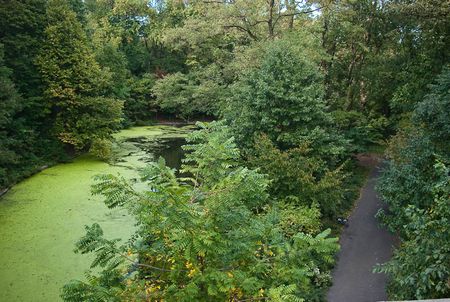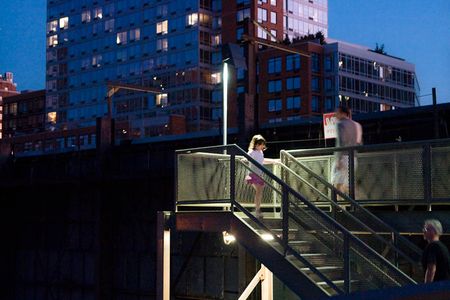We arrived an hour late for my father's unveiling after getting terribly lost on the highways of Queens.
The Google directions to the cemetery were all wrong. Somehow it seemed metaphorically correct that it should be so difficult to get to the cemetery. Resistance. Dread. The fear of facing something painful and sad.
Going in circles, we kept passing the cemetery from afar and then getting whisked off onto the Van Wyck, the Grand Central, the Long Island Expressway.
We were exhausted and cranky by the time we got there. To make matters worse, the cemetery caretaker seemed unable to open the door to the mausoleum. He thought he might have the wrong key.
'There are two keys. One in the office and one that the grounds-keeper has," he said
"Where is he?" someone asked.
"He's not here today. It's Sunday."
How strange it was not being able to get in. Like getting lost on the way to the cemetery, this struck me as another form of resistance and dread: the fear of facing something painful and sad.
It is Jewish custom for the grave marker to be put in place and
an unveiling ceremony held approximately a year after the death. We decided to keep the guest list small—it would be easier that way. We'd visited the cemetery on September 7th, the actual anniversary of my father's death, but the gravestone wasn't ready and we knew we'd be back.
Despite the fact that we were locked out of the mausoleum, we began the ceremony on the steps, which overlook a a nice lawn and two trees. My sister spoke beautifully about my father. Actually she spoke to my father telling him how much she missed him and how she appreciated the love of art and culture that he'd given her. (She mentioned thinking of him during a recent Yankees game and watching Fred Astaire in "Top Hat" the night before.)
The mood was broken when the caretaker returned with another worker and they noisily attempted to open the door. Finally they were able to get it open and we cheered—a strange thing to do at a cemetery. Then we all went inside.
It was cold inside the mausoleum but we were glad to be able to view the engraving on the white stone: Monte A. Ghertler. January 16, 1929-September 7, 2009. Adored Husband, Father, Grandfather.
We gazed at the "crypts" of my paternal grandparents and great grandparents, my great aunt, uncle and cousins. An urn holds the ashes of my father's beloved cat, Rupert.
I said a few words and recited the lyrics of the song "You Can't Take That Away From Me" by George Gershwin. To prepare for the unveiling, I'd searched through "Reading Lyrics" a celebration of the greatest American songwriters from 1900-1975, for a song that would be appropriate. My father was passionate about many of the songs in that book. I have great memories of reading through it with him and singing the songs. Finally, I stumbled upon this
The way you wear your hat
The way you sip your tea
The mem'ry of all that
No, no! They can't take that away from me!
The way your smile just beams,
The way you sing off-key
The way you haunt my dreams
No, no! They can't take that away from me!
As she did at the funeral, my sister read the last three pages of "The House at Pooh Corner." We recited the Kaddish, the Jewish prayer for the dead in Hebrew led by a kind friend who said the Kaddish for my father all year. We stood around for a few minutes talking.
Finally, we placed small stones in the mausoleum, which is a Jewish custom to indicate that someone has visited the grave. According to My Jewish Learning, "This
tradition may also reflect the biblical practice of marking the grave
with a pile of stones. Or, it may be the end result of the custom of
writing notes to the deceased and pushing them into crevices in the
headstone just as notes are pushed into the Western Wall in Jerusalem.
When no crevice could be found, the note was weighted down with a
stone. In time, the paper disintegrated or blew away leaving only the
stone. Thus, some began to think that the leaving of a stone was the
custom… and so it became the custom."
It was a relief to be done. We'd been talking about the unveiling for months. None of it was easy. Communicating with the cemetery, choosing the typeface, the words. Forms had to be signed, faxed.
Planned for last week, we rescheduled the event due to the rain. But what a beautiful sunny day we had yesterday to visit with my father, say a few words, a little Winnie the Pooh, the Kaddish and this from Gershwin:
We may never, never meet again
on the bumpy road to love
Still I'll always, always keep
The mem'ry of–
The way you hold your knife
The wa we danced til three
The way you changed my life
No, no! They can't take that away from me!
No! They can't take that away from me!

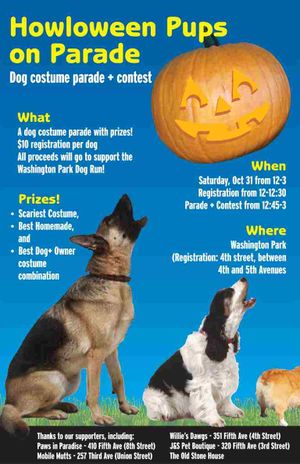 A
A 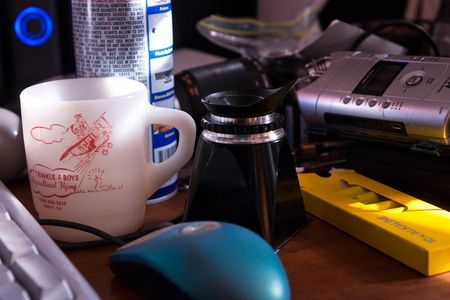

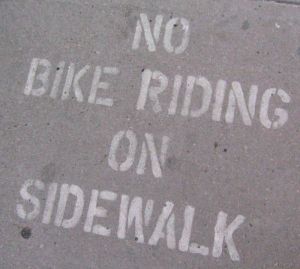
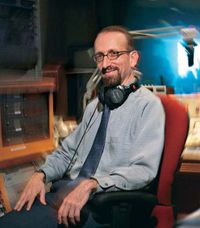
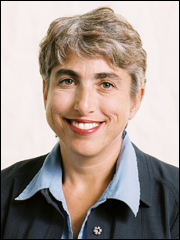
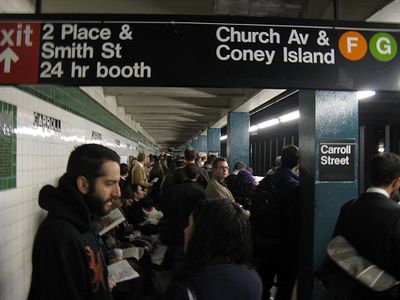
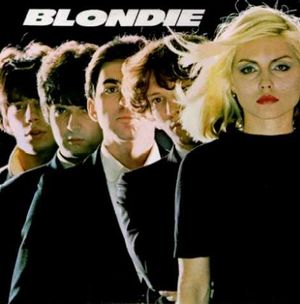

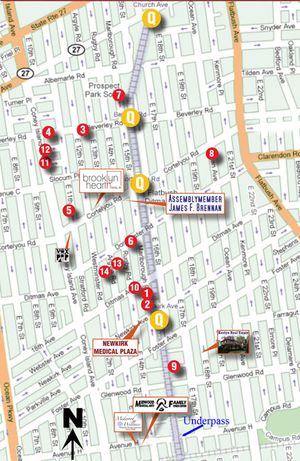
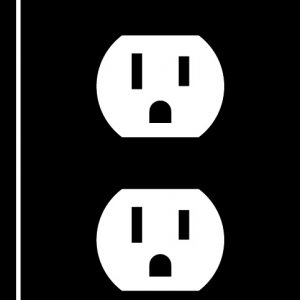
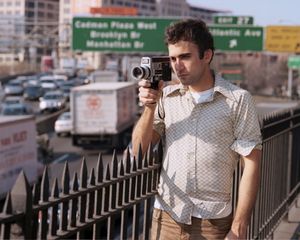

![Reader-invite-cover[4][6] Reader-invite-cover[4][6]](http://onlytheblogknowsbrooklyn.com/pictures/6a00d8341c5fb353ef0120a6227259970b-300wi.jpg)
